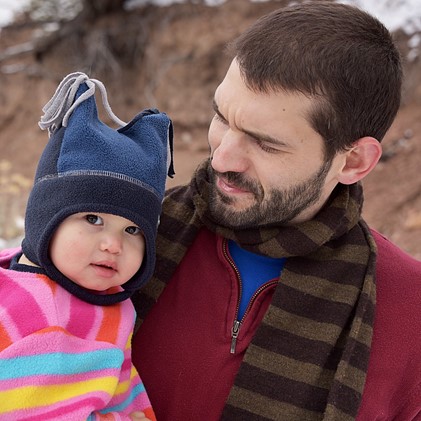Parenting Traps: Unresolved Childhood Trauma
I am working with a father (not of twins!) who has difficulty managing his reactions when his three-year-old daughter has expectable childhood accidents. One time, she hit her head on a table while he was watching her. Another time, she got a splinter in her hand while playing with a friend outside. Neither of these situations called for a doctor or an emergency room visit. His daughter was initially scared after she bumped her head, but she promptly recovered. The splinter was removed without any tears or fuss.
However, my patient’s reactions to such seemingly mundane and ordinary happenings are filled with self-recrimination and rage. He is triggered into an old self-state of powerlessness and helplessness. He told me he feels guilt and shame for not preventing these accidents. The few times his daughter was slightly injured while in the care of another, he blindly hurled accusations that were completely out of line with what had transpired.
Academic literature on attachment has documented that parents who can articulate and reflect on their own childhood are emotionally better equipped to raise their kids. While most of us hope to give our children what we wanted or lacked, our insight into our own upbringing is integral to healthier efforts. The father I am working with is of Indian descent. He is in his early thirties, well educated, and professionally respected. His early family life was fraught with despair and repression. He was taught never to express any anger, which was viewed as an unforgivable affront to his parents. He never spoke up or had the opportunity to express himself. His parents divorced when he was an adolescent. He had no models for conflict resolution—just pent-up rage and helplessness.
This gentleman intellectualizes his experiences because he remains dissociated from feelings that he cannot safely access. Seeing his child hurt triggers his dissociated helplessness and makes him go ballistic. Although he realizes his reactions are irrational, he cannot help feeling upset when his daughter suffers, however minimally. When he can safely access his walled-off feelings and connect them to his childhood experiences of being silenced and reprimanded, he will be more capable of handling any accidents that arise.
I hope my client will eventually acknowledge that his daughter’s mishaps are part of growing up and that he does not have the power to control what happens to her all of the time. The accidents trigger identification with both a punitive parent and a suffering child who feels abandoned and alone. The intergenerational transmission of traumatic experiences will continue until he confronts the root causes.
Image courtesy of theilr (CC BY-SA 2.0)


